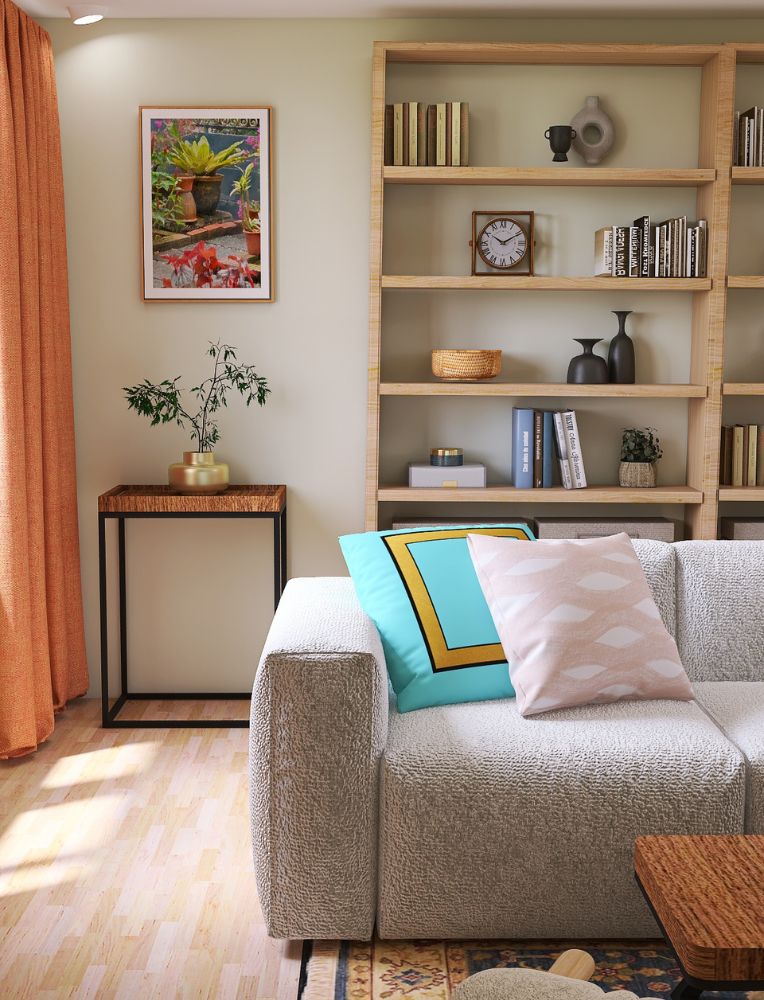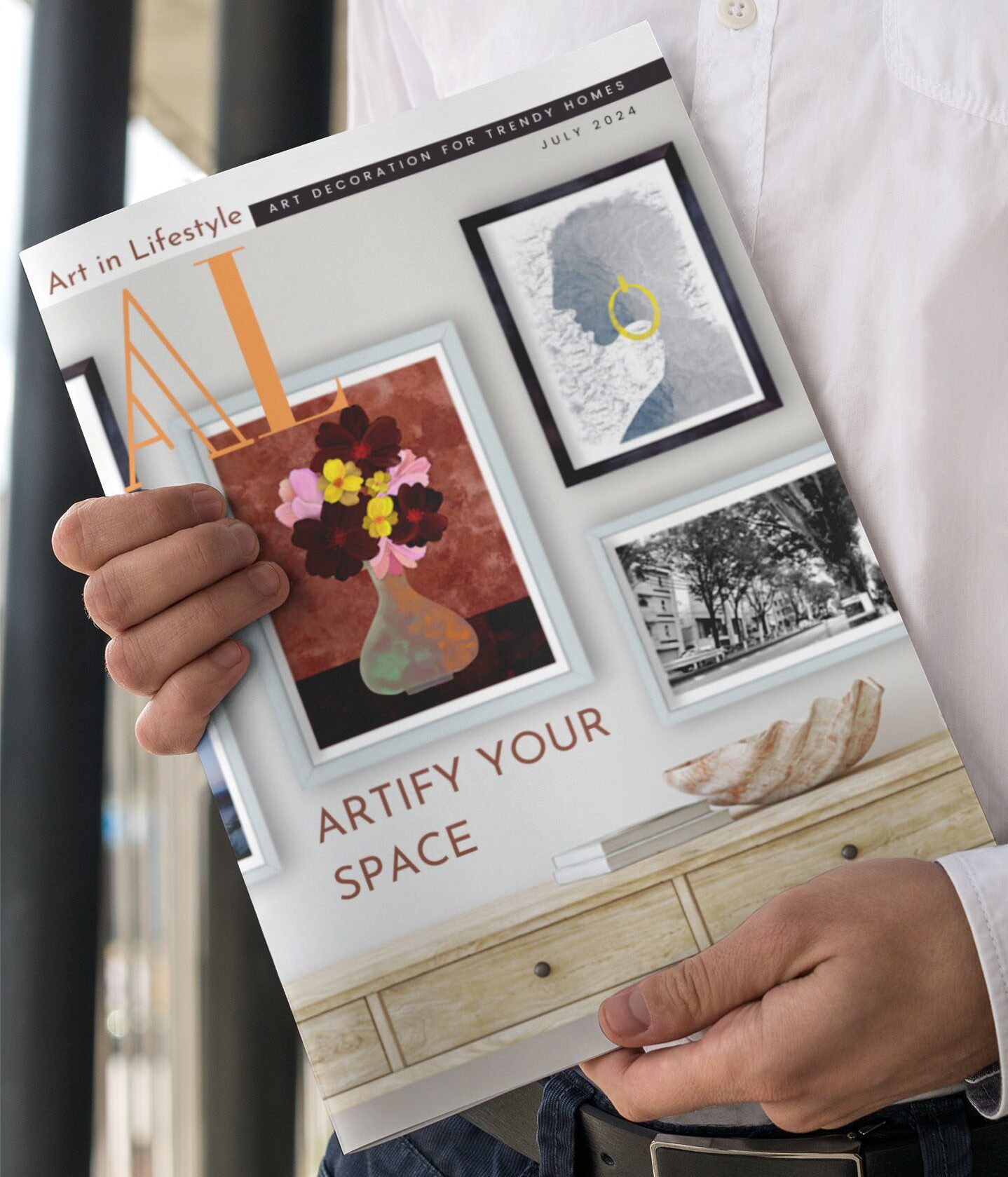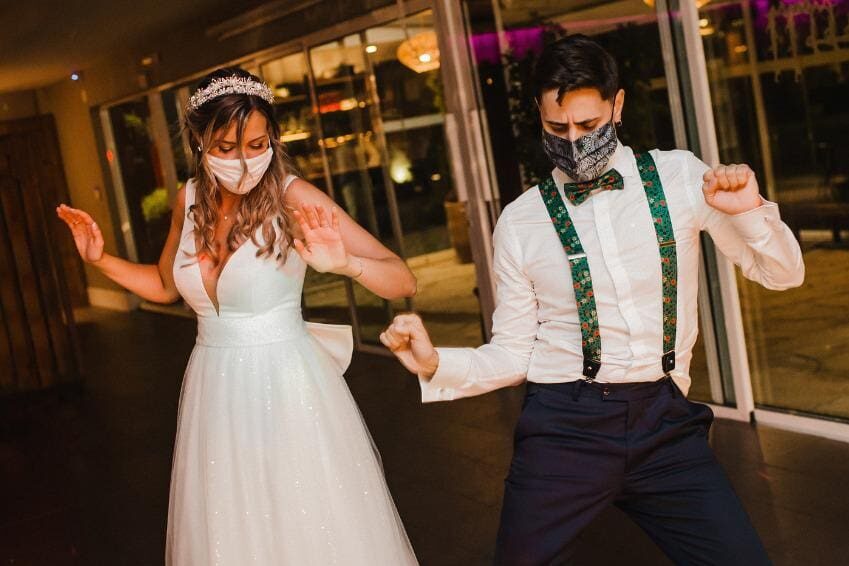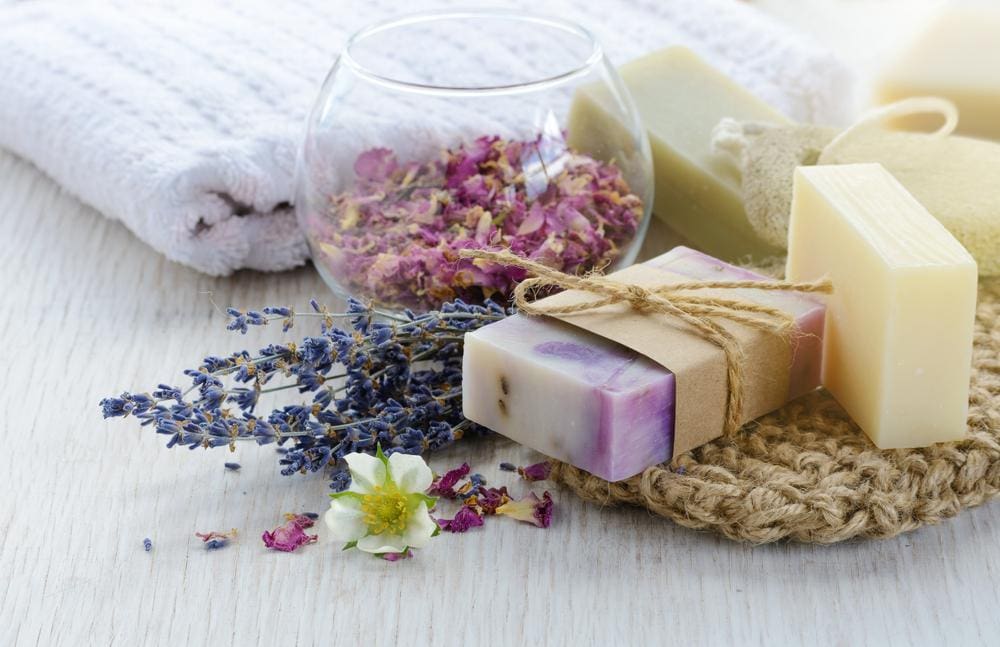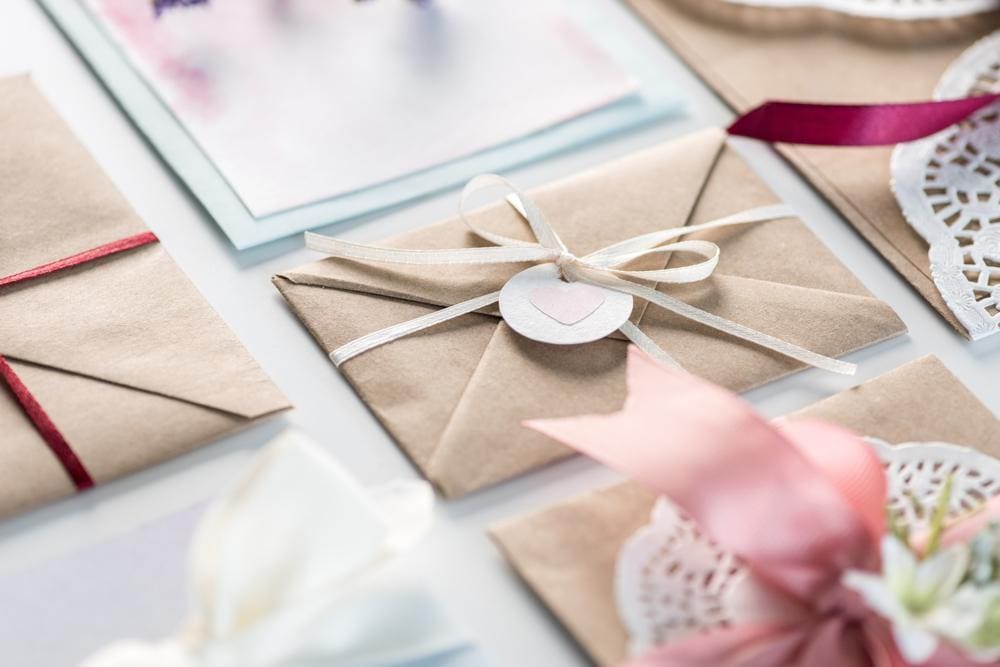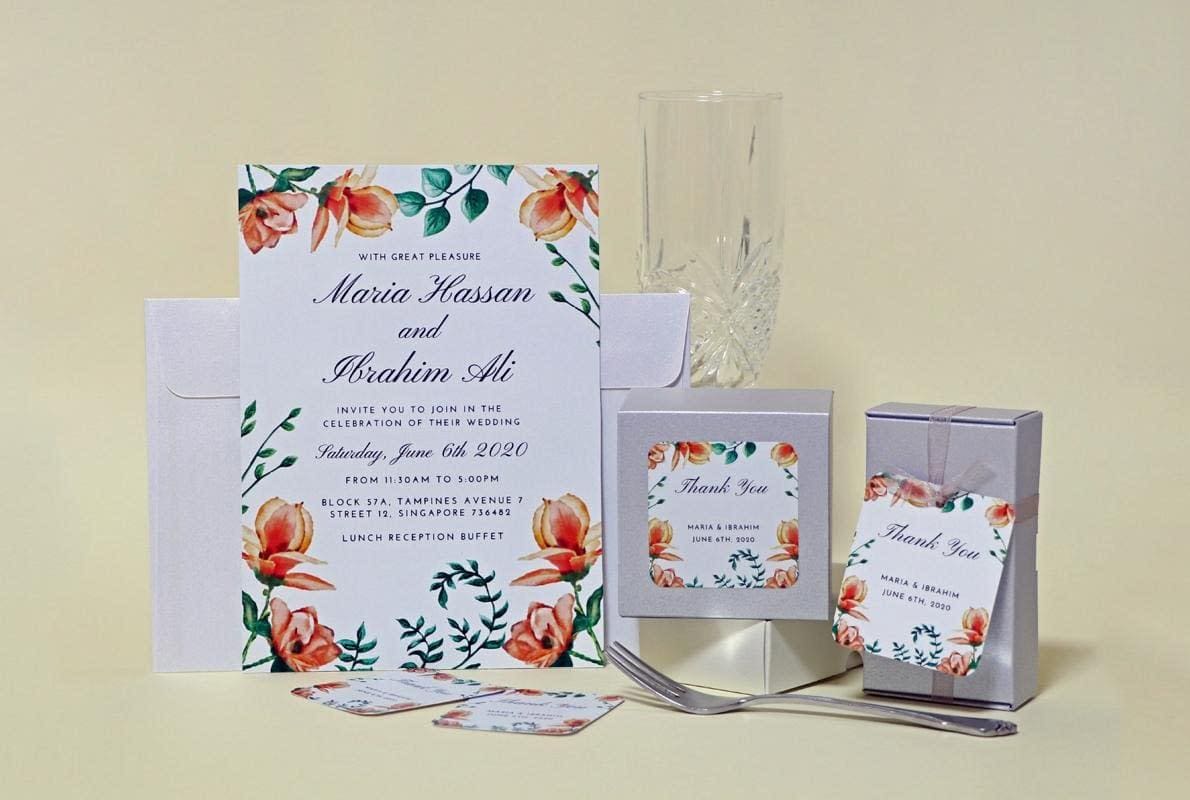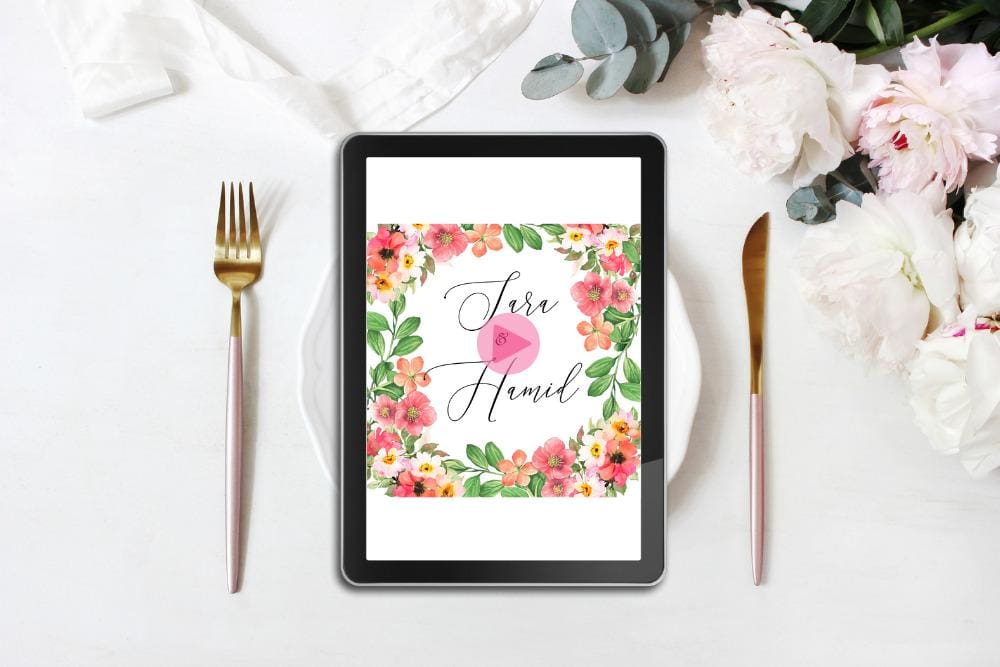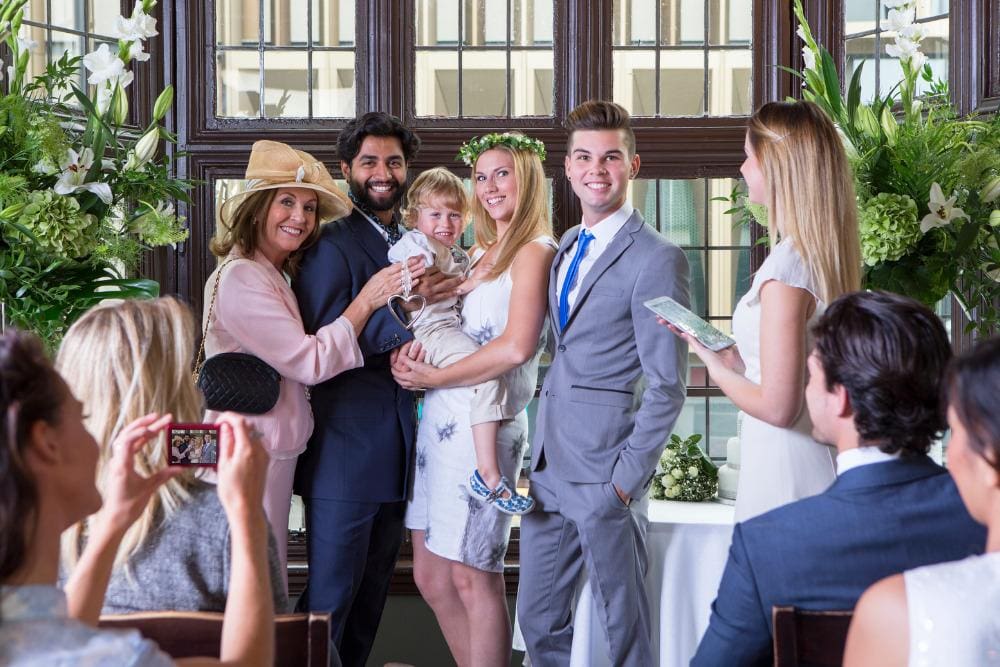When COVID-19 swarmed our lives about a year ago, every gathering event including weddings was being canceled. However, love always finds it way. Couples may need to change wedding plans impromptu. Streaming ceremonies online appeared on wedding to-do lists. Through all this chaos, people have managed to conquer the situation and celebrate their love. If you are planning to get married, here are a few tips to help you incorporate safety measures in your COVID-19 wedding.
1. Check local regulations
First and foremost, you need to check your local regulations regarding organising an event. Since many countries are still dealing with the COVID-19 crisis, it is highly likely that your town has some strict conditions for holding gatherings. Contact a local administrator and find out about what you can and cannot do. Apart from this, you can also refer to the WHO guidelines that will help you better understand what you need to do. You can hire a wedding planner who can ensure that you don’t have to worry about researching the regulations. In nutshell, there will be curbs and provisions on:
a. Number of guests
b. Number of persons per table
c. Social distancing
d. Disinfection procedures
e. Hygienic food handling
f. Health checks on guests
g. COVID-19 testing on guests
h. Wearing masks
2. Who to invite and number of guests
The primary difference between the weddings during COVID-19 and weddings before COVID-19 is the number of guests. Weddings have turned from big parties to small intimate gatherings. Thankfully, many couples actually prefer it this way. Limiting the number of guests usually means inviting a few important family members and close friends to a micro-wedding. But there is always that painful decision to exclude some friends, even the really close ones. Read here for tips on inviting Close-Family-Only to your wedding.
3. Venues catering to small weddings and assist with COVID-19 policies
Next, you need to look for wedding venues that can cater to a small wedding while ensuring that all the COVID-19 policies are followed. This means taking proper hygiene measures while preparing the food and following social distancing protocols at the wedding. The wedding industry has been hit hard in the last year. Needless to say, you won’t have any shortage of caterers willing to move heaven and earth for you. Some countries require vaccination and/or pre-testing for COVID-19 on guests. Talk to the venue proprietors about whether they can provide facilities for this. Most importantly, you will need to consider whether to include the testing regime as part of the wedding budget or should your guests foot the diagnostic bill.
4. Provide necessary advisory on invitation cards
Your invitation cards have to now provide more than just the information about the wedding. It should also include an advisory regarding COVID-19. This includes all the protocols that must be followed at the wedding. You can also inform the guests that if they are feeling unwell, they shouldn’t attend the wedding. Prepare separate enclosure cards containing vital information on COVID-19 and send them together with the invitation cards. In addition, it might be a good idea to handout information leaflets to each guest on the day of the wedding. These leaflets can be given at the door or placed on the banquet table for each guest.
5. Health checks at the gate
Before entering the venue, guests should be given body temperature checks and offered hand sanitisers. COVID-19 information leaflets can be handed out to each guest at this stage. Make sure that all the guests are wearing masks. Please remember that even though you don’t want to upset anyone, it is best to be stringent about precautionary measures instead of risking the health of everyone at your small wedding ceremony. The cooperation and proper conduct of each guest is integral in ensuring that everyone remains protected from infection and no rules are broken.
6. Seating arrangements observing social distancing
This is something that you should have complete control over. While making seating arrangements, you have to ensure that the social distancing protocols are followed. All the guests must be at least 1 metre or 2 arms length apart. Also, this is not limited to the seating area. Social distancing must be observed at all times including in waiting areas and while meeting the bride and groom, taking photographs, dining, mingling, and guest ushering. In fact, it is advisable to restrict group congregations and forbid free mingling amongst guests.
7. Stagger arrivals and minimise crowding
Since you are trying to shorten your guest list, it makes sense to remove the “plus one” option from your invitation. Be specific about who you are inviting by stating their names clearly on invitation cards. For guests who are married, both spouses will need to be invited. Be clear in your provisions that guests may not bring other friends and family members. For larger celebrations, guests may need to be divided into more than one cohort that arrive and attend the wedding at different times. Pay attention to logistical procedures to ensure that one group leaves and clears the area at the stated time in an orderly manner before the next group arrives.
8. Provision of masks, sanitisation and more
Even though you have done everything in your power to circulate safety guidelines at your wedding, there may be some guests who have not brought their own masks or misplace them at the venue. In either case, you need to be prepared and provide masks. Set up sanitation stations at multiple locations outside and inside your wedding venue. Inform your venue proprietor and wedding planner that food servers wear masks and observe safety measures. Soap dispensers must always be refilled to facilitate thorough hand-washing.
9. Dos and Don’ts
These are the Dos and Don’ts of a COVID-19 wedding that you should know about:
Dos
a. Be realistic about your wedding date.
b. Figure out your finances to cater for a COVID-19 budget.
c. Work on the guest list meticulously.
d. Reach out to suppliers who can ensure that COVID-19 guidelines are followed.
e. Focus on what you can control.
f. Look into insurance in case of cancellations and illness.
Don’ts
a. Be overly optimistic and complacent.
b. Make bookings without checking the vendor’s terms.
c. Decide on postponing the wedding until COVID-19 is over.
d. Influenced by what other people might think.
10. Live streaming
Even if you are having a small, intimate wedding with a few guests, it doesn’t mean that you cannot include your wider social circle in your wedding. All you need to do is add a Livestream component through a video conferencing app like Zoom. The link to the video call along with the time and date can be added to your virtual marriage invitations. Make sure that you also include all the guidelines such as downloading the required software for the call, guests muting themselves during the virtual wedding reception, and signing on early.
Ask your tech-savvy wedding planner or relative to shoot the video and set up the streaming link. Make sure that you ask your guests to dress up according to the theme of the wedding. Over the last year, there have been several Zoom weddings. People have even hired virtual DJs and hosting services to ensure that their loved ones are entertained and truly feel included as an important part of your big day.

